Now that racism has come out of the closet, there is the
question of how to approach it. As black folks, many of
us have been waiting too long to turn big, bright lights
on it. Something so big, that we have been walking around,
climbing over and burdened under all of our lives – we want
to expose all the ugly, huge extent of it. Blacks are too (?)
angry about it and naturally want to throw it in the faces of
those who’ve taken advantage of us, dismissed us and
simply lied about us. Especially those who’ve accepted the
lies unquestioningly. Whites, say they feel suddenly exposed
and wanting to not be blamed for accepting “privileges”
that they didn’t realize are not afforded everyone.
Confrontation rarely causes people to immediately give in,
admit guilt and sin no more. Trying to convince, educate and
persuade really rankles many black folks. “Why should I have
to teach you how to not be prejudiced?”, they moan. And they
are right. Fairness, empathy and truthfulness are the expected
behaviors that mark one as human. How do you get people to
recognize the suffering of others and actively work to correct
the laws and social customs that cause it?
Author Celeste Headlee has some great ideas. She focuses on a
logical and valuable technique for getting people to change their
minds. It’s a tool that all of us can use. One wants to do what works
so that we can quickly reduce the spread of racism by those who
use it as a political tool.
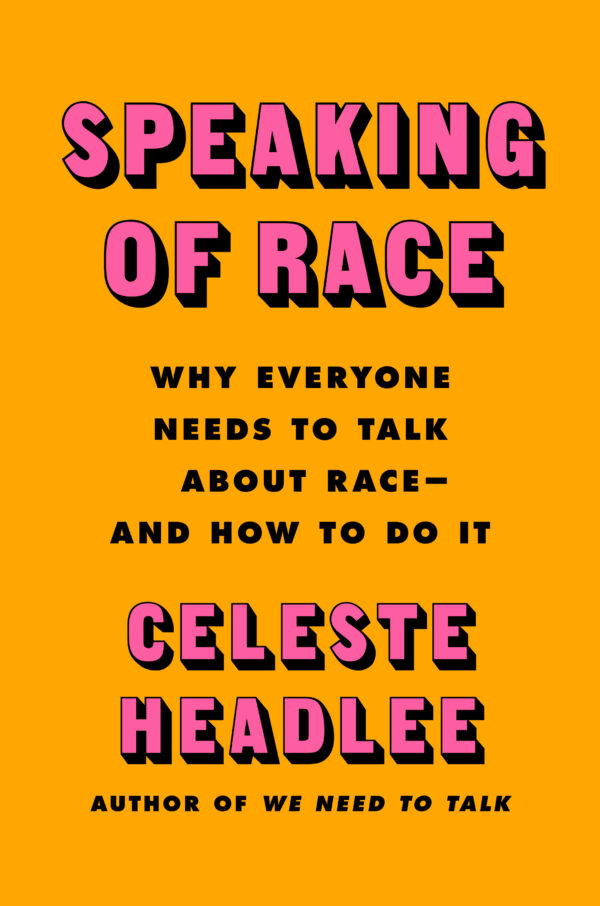

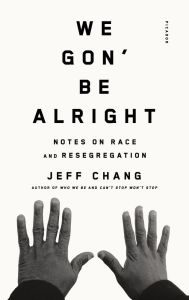
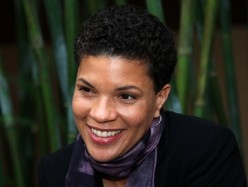
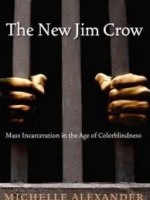
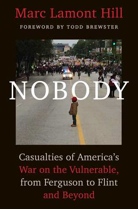
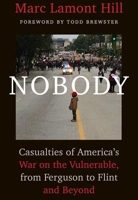
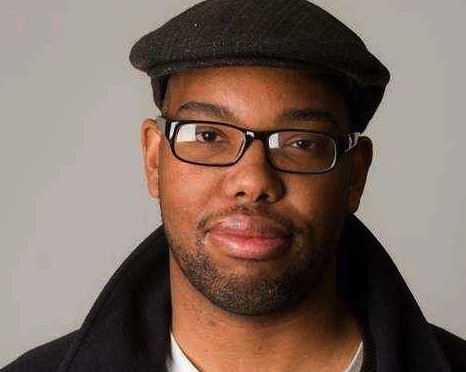
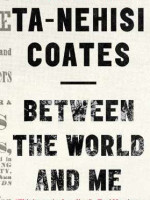 “Crazy”….is what people feel when their reality doesn’t match that of the masses. “Crazy” is what many black folks have been made to feel upon entering the wider American culture. In many parts of the US, whites make blacks look and feel crazy because of their denial of racism.
“Crazy”….is what people feel when their reality doesn’t match that of the masses. “Crazy” is what many black folks have been made to feel upon entering the wider American culture. In many parts of the US, whites make blacks look and feel crazy because of their denial of racism.